This page details where you can find Oxygen and Dioxite in No Man’s Sky. We’ll cover the best sources for each of these key materials and how to find them on planets. We’ll also cover their primary uses in recharging the Exosuit Life Support system, Deep Water Depth Protection Unit, and Abyssal Air Filter.
| Icon | Element | Uses |
|---|---|---|
 |
Oxygen | Recharges the Exosuit Life Support system, Deep Water Depth Protection Unit, and Abyssal Air Filter, also used to craft various Exosuit and base tech |
 |
Dioxite | Recharges the Exosuit Life Support system, also used to craft some upgrade modules for Exosuit, Exocraft, and Starships |
How to Find Oxygen and Dioxite in No Man’s Sky¶
Scan for Oxygen-rich plants¶
The main source of Oxygen on any planet is from Oxygen-rich flora. These can be found by scanning the local environment by pressing 
Mine Rock Deposits on Frozen Planets for Dioxite¶
If you want to find Dioxite reliably, you’ll need to visit a frozen planet. You shouldn’t have to warp to many systems before you encounter one, and you can use the scanner on your starship to inspect a planet to check its type, and whether Dioxite is mentioned in its primary materials list. Once you’re on a frozen planet, all you need to do is inspect any rocks that you encounter with the Analysis Visor. This will tell you whether Dioxite is present as a secondary element within the rock. If it is, you can mine the rock and extract the Dioxite from it.
Recharge the Life Support, Deep Water Depth Protection Unit, and Abyssal Air Filter¶
The primary uses for Oxygen and Dioxite are for charging the Exosuit Life Support system, the Deep Water Depth Protection Unit, and the Abyssal Air Filter. Each of these will help you to survive on planets in general, though the last two specialize in keeping you alive underwater for long periods of time. You can get a lot of Oxygen from just a few flora samples, and the same goes for Dioxite on a frozen planet with numerous rocks.
Other than these recharging capabilities, Oxygen is also used to craft the Aeration Membrane, Airburst Engine, Efficient Water Jets, Biofuel Reactor, Oxygen Recycler, Personal Refiner, Marine Shelter, and some crafted products such as the Antimatter Housing and Unstable Plasma. Dioxite is used in crafting the Cyclotron Ballista, Hi-Slide Suspension, Thermal Buffer, Thermic Layer, Frostwort, and Granite.
Other Sources of Oxygen and Dioxite¶
Aside from finding Oxygen from the scannable flora present on almost every planet, you can also extract it from the atmosphere using an Oxygen Harvester or Atmosphere Harvester, both of which are base construction modules which can be acquired from the Construction Research Station on board the Space Anomaly if you don’t already have them. You can also use a Gas Extractor to harvest Oxygen or Dioxite on a more industrial scale, but you’ll need to find an appropriate hotspot using the Survey Device Upgrade for the Analysis Visor. You can also refine Oxygen and Dioxite from various materials, as shown in the tables below.
Refine Oxygen¶
| Material 1 | Material 2 | Material 3 | Output |
|---|---|---|---|
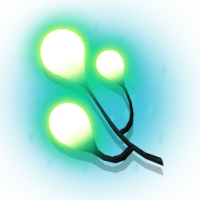 1 Kelp Sac 1 Kelp Sac |
N/A | N/A |  1 Oxygen 1 Oxygen |
 1 Kelp Sac 1 Kelp Sac |
 1 Carbon 1 Carbon |
N/A |  2 Oxygen 2 Oxygen |
 1 Kelp Sac 1 Kelp Sac |
 1 Condensed Carbon 1 Condensed Carbon |
N/A |  2 Oxygen 2 Oxygen |
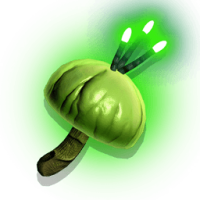 1 Fungal Mould 1 Fungal Mould |
 1 Kelp Sac 1 Kelp Sac |
 1 Condensed Carbon 1 Condensed Carbon |
 10 Oxygen 10 Oxygen |
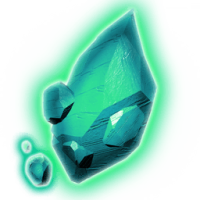 1 Frost Crystal 1 Frost Crystal |
 1 Kelp Sac 1 Kelp Sac |
 1 Condensed Carbon 1 Condensed Carbon |
 10 Oxygen 10 Oxygen |
 1 Cactus Flesh 1 Cactus Flesh |
 1 Kelp Sac 1 Kelp Sac |
 1 Condensed Carbon 1 Condensed Carbon |
 10 Oxygen 10 Oxygen |
 1 Solanium 1 Solanium |
 1 Kelp Sac 1 Kelp Sac |
 1 Condensed Carbon 1 Condensed Carbon |
 10 Oxygen 10 Oxygen |
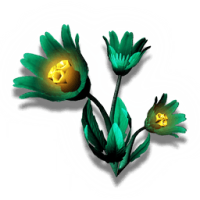 1 Gamma Root 1 Gamma Root |
 1 Kelp Sac 1 Kelp Sac |
 1 Condensed Carbon 1 Condensed Carbon |
 10 Oxygen 10 Oxygen |
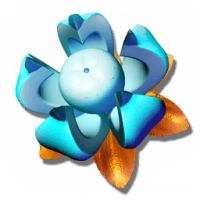 1 Star Bulb 1 Star Bulb |
 1 Kelp Sac 1 Kelp Sac |
 1 Condensed Carbon 1 Condensed Carbon |
 10 Oxygen 10 Oxygen |
Refine Dioxite¶
| Material 1 | Material 2 | Output |
|---|---|---|
 1 Condensed Carbon 1 Condensed Carbon |
 1 Sodium Nitrate 1 Sodium Nitrate |
 2 Dioxite 2 Dioxite |
 1 Carbon 1 Carbon |
 1 Sodium Nitrate 1 Sodium Nitrate |
 1 Dioxite 1 Dioxite |
 2 Frost Crystal 2 Frost Crystal |
 1 Salt 1 Salt |
 1 Dioxite 1 Dioxite |
 2 Ammonia 2 Ammonia |
 1 Ferrite Dust 1 Ferrite Dust |
 1 Dioxite 1 Dioxite |
 2 Ammonia 2 Ammonia |
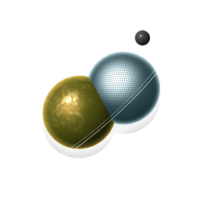 1 Pure Ferrite 1 Pure Ferrite |
 1 Dioxite 1 Dioxite |
(1 of 4) You can scan frozen planets from your starship to check whether they have Dioxite present.
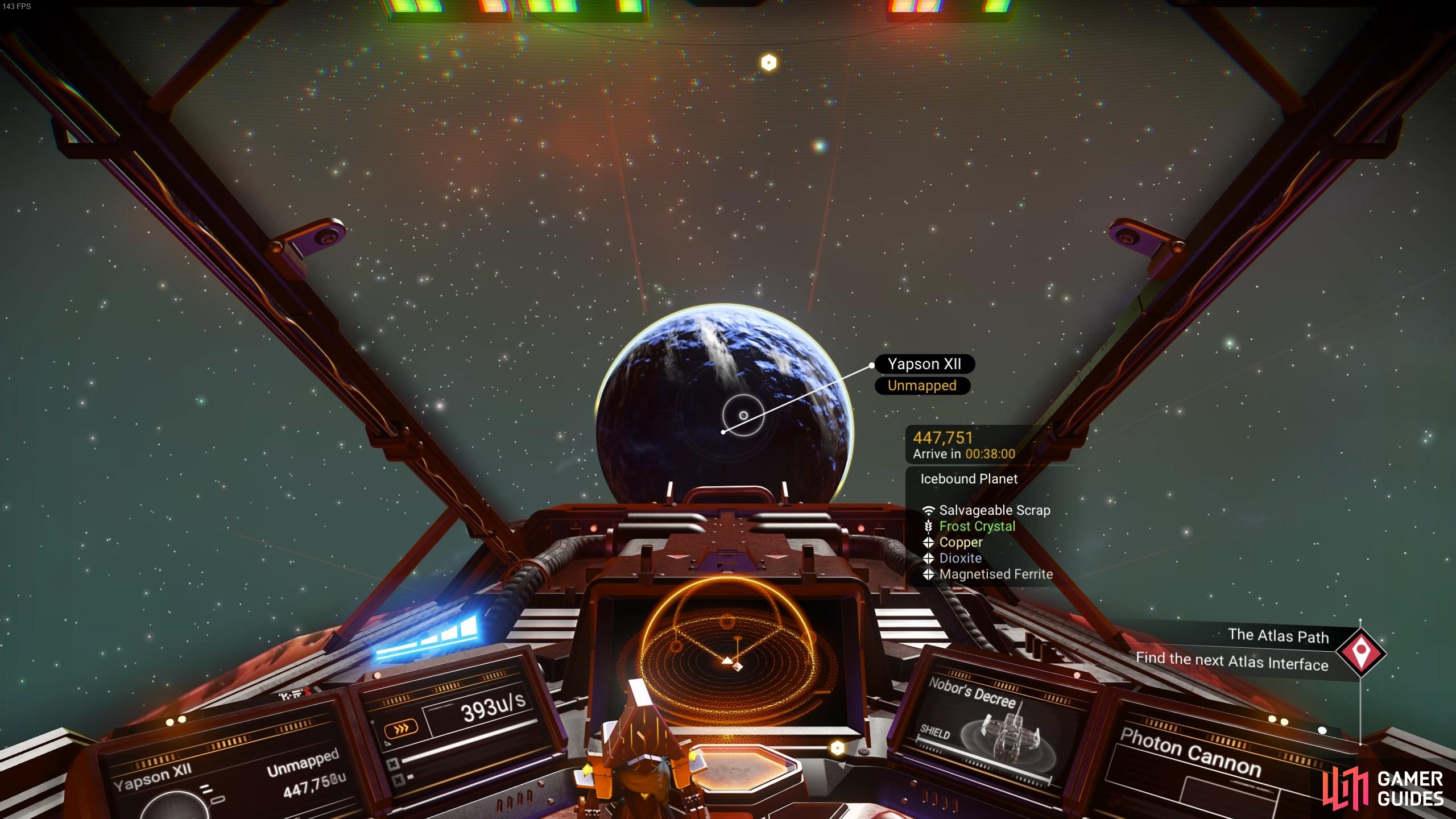
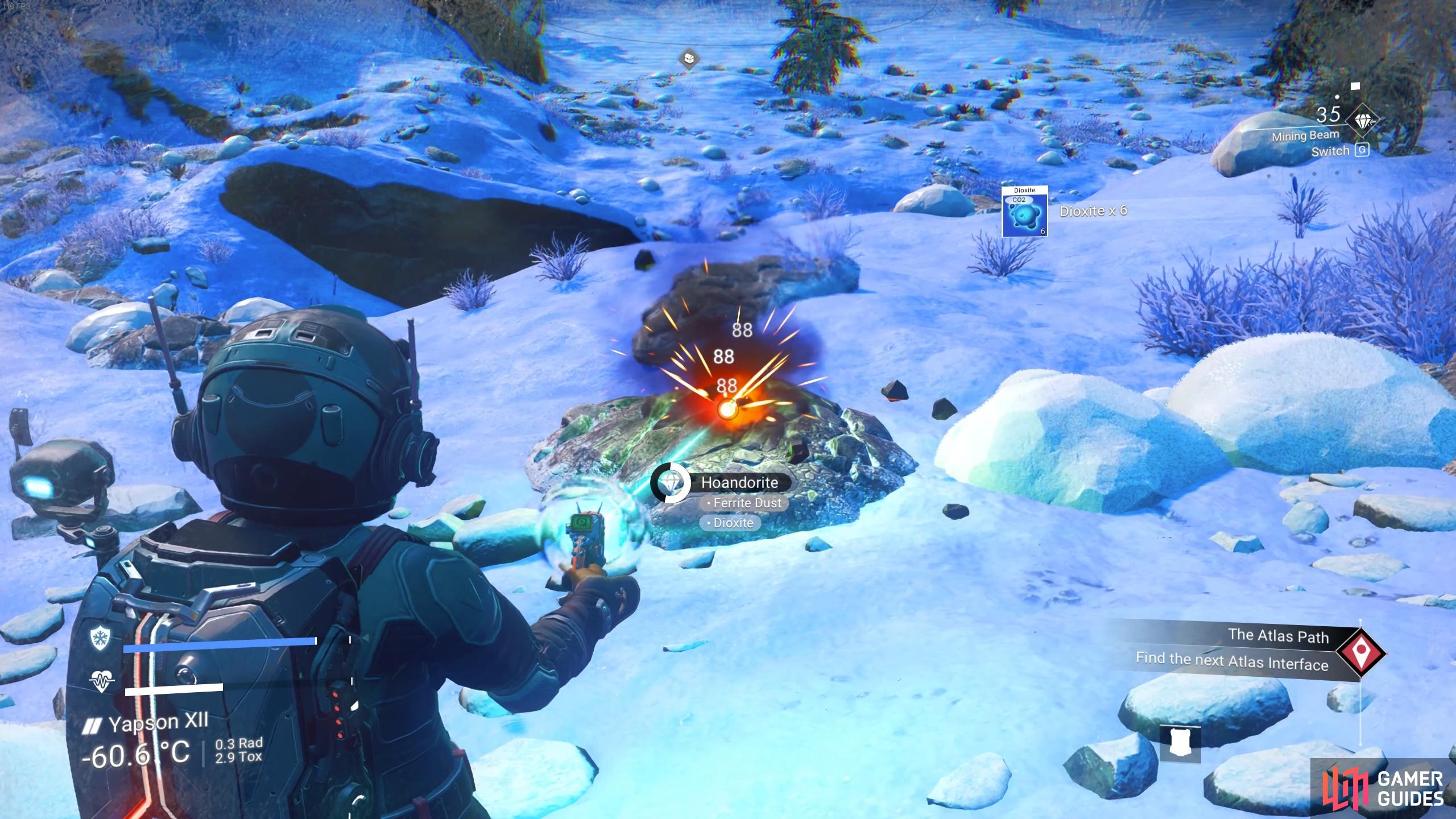
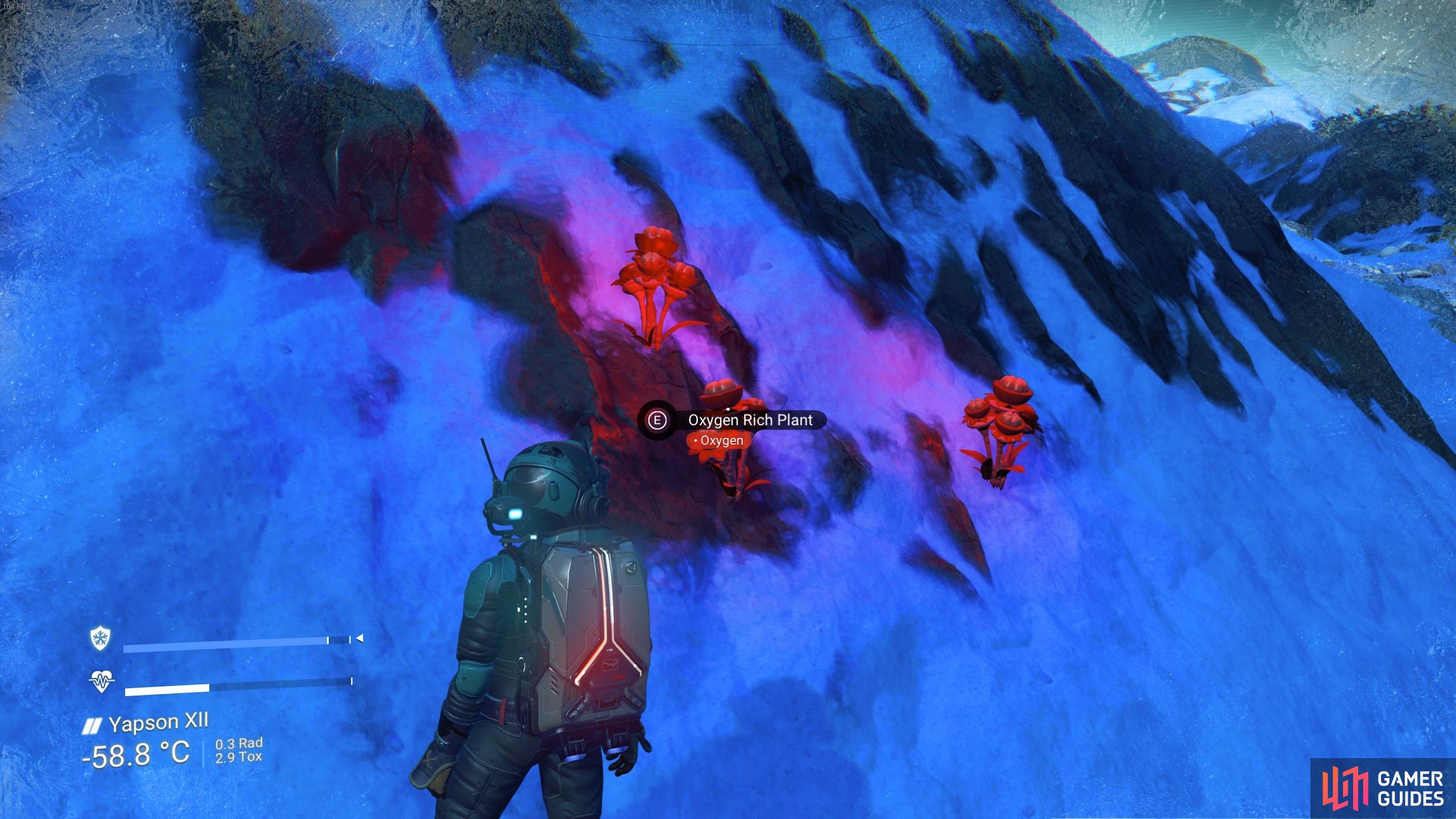
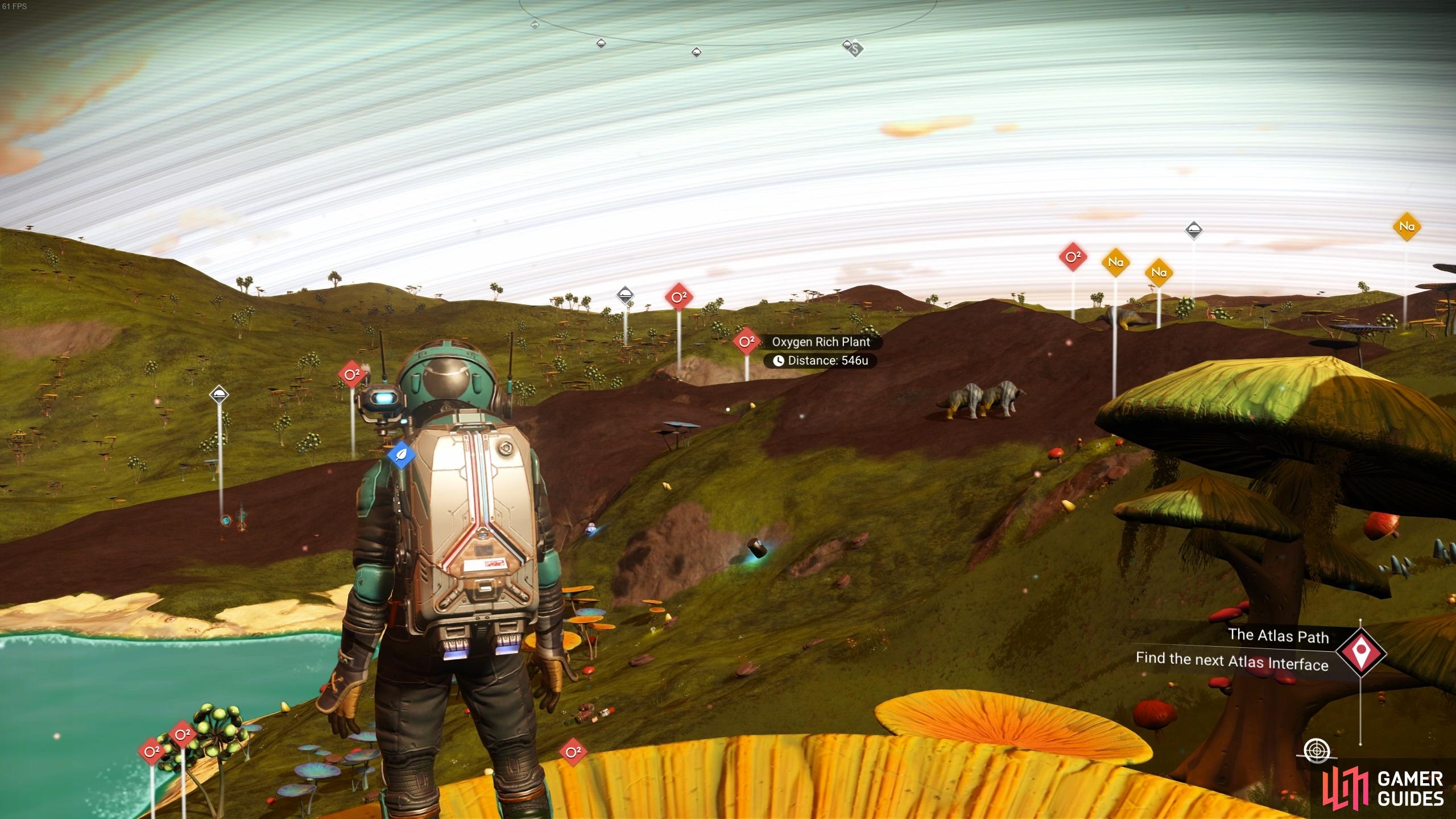

 Sign up
Sign up
No Comments